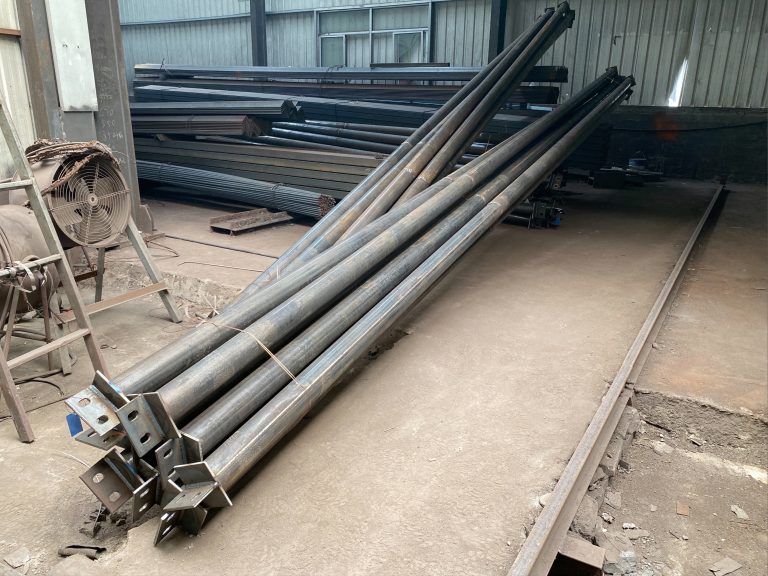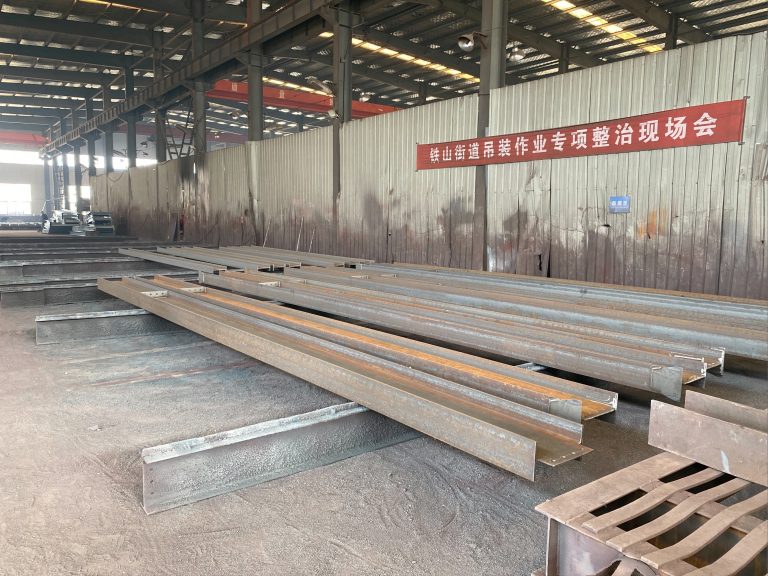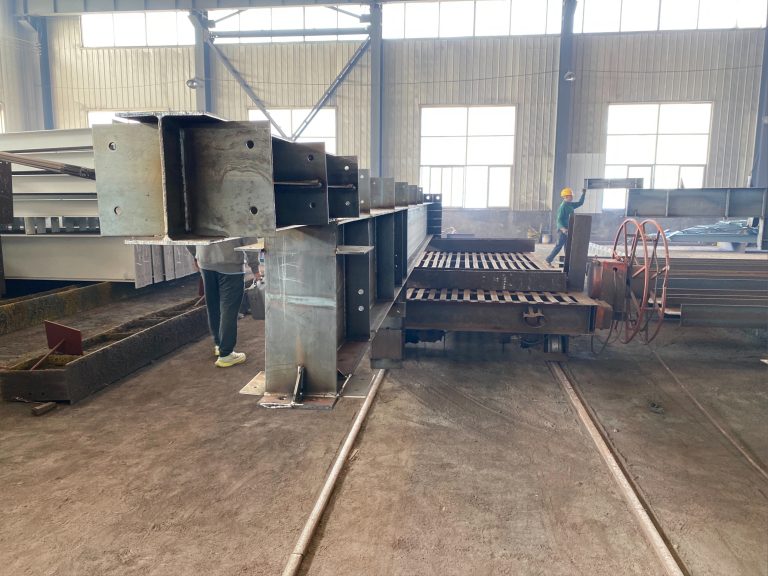Intelligent lending system of container house in temporary library
Table of Contents
Benefits of Implementing an Intelligent Lending System for Container Houses in Temporary Libraries
In recent years, the concept of temporary libraries has gained popularity as a cost-effective and efficient way to provide library services to communities in need. These temporary libraries are often housed in repurposed shipping containers, known as container houses, which offer a flexible and customizable space for library activities. One key aspect of running a successful temporary library is implementing an intelligent lending system for managing library materials. This article will explore the benefits of using an intelligent lending system for container houses in temporary libraries.
First and foremost, an intelligent lending system streamlines the borrowing and returning process for library patrons. By utilizing technology such as RFID tags and self-checkout kiosks, patrons can easily check out and return library materials without the need for manual intervention from library staff. This not only saves time for both patrons and staff but also reduces the likelihood of errors in the lending process. Additionally, an intelligent lending system can provide real-time information on the availability of library materials, allowing patrons to quickly locate and borrow items of interest.
Furthermore, an intelligent lending system can help to improve the overall efficiency of the library operations. By automating routine tasks such as inventory management and overdue notifications, library staff can focus their time and energy on providing quality services to patrons. This can lead to a more streamlined and organized library environment, ultimately enhancing the overall user experience for patrons.
In addition to improving efficiency, an intelligent lending system can also enhance the security of library materials. By tracking the movement of items in and out of the library, the system can help to prevent theft and loss of materials. This is especially important in temporary libraries housed in container houses, where security measures may be more limited compared to traditional library buildings. By implementing an intelligent lending system, library staff can have peace of mind knowing that their materials are being monitored and protected.
Another key benefit of using an intelligent lending system in container houses is the ability to collect valuable data on library usage. By tracking borrowing patterns and popular items, library staff can gain insights into the needs and preferences of their patrons. This data can be used to inform collection development decisions, programming initiatives, and overall library planning. By leveraging this information, temporary libraries can better tailor their services to meet the needs of their community.
Overall, implementing an intelligent lending system for container houses in temporary libraries offers a wide range of benefits. From streamlining lending processes to improving efficiency and security, an intelligent lending system can help to enhance the overall user experience for patrons. By leveraging technology to automate routine tasks and collect valuable data, temporary libraries can better serve their communities and provide a high-quality library experience. As the popularity of temporary libraries continues to grow, investing in an intelligent lending system is a smart choice for libraries looking to maximize their impact and efficiency.
How an Intelligent Lending System Can Improve Efficiency and User Experience in Temporary Library Settings
In today’s fast-paced world, efficiency and convenience are key factors in any service industry. This is especially true in temporary library settings, where the goal is to provide access to information and resources in a timely and user-friendly manner. One way to improve efficiency and user experience in these settings is through the implementation of an intelligent lending system for container houses.
An intelligent lending system utilizes technology to streamline the borrowing and returning process for library materials. This system can be integrated into container houses, which are often used as temporary library spaces in communities that lack a permanent library building. By incorporating an intelligent lending system into these container houses, libraries can improve the overall user experience for patrons while also increasing operational efficiency.
One of the key benefits of an intelligent lending system is the ability to automate many of the tasks traditionally performed by library staff. For example, patrons can use self-checkout kiosks to borrow books and other materials without the need for assistance from a librarian. This not only speeds up the borrowing process but also frees up library staff to focus on other tasks, such as helping patrons with research or reference questions.
In addition to automating the borrowing process, an intelligent lending system can also help libraries better manage their collections. By tracking which materials are being borrowed and returned, libraries can gain valuable insights into patron preferences and usage patterns. This data can then be used to make informed decisions about which materials to purchase or remove from the collection, ensuring that the library is meeting the needs of its users.
Furthermore, an intelligent lending system can improve the overall user experience for patrons. For example, patrons can use a mobile app to search for materials, place holds, and renew items from anywhere, at any time. This level of convenience is especially important in temporary library settings, where patrons may have limited access to traditional library services.

Another benefit of an intelligent lending system is the ability to provide personalized recommendations to patrons based on their borrowing history. By analyzing the types of materials that a patron has borrowed in the past, the system can suggest similar items that the patron may be interested in. This not only helps patrons discover new materials but also encourages them to continue using the library’s services.
Overall, an intelligent lending system can greatly improve efficiency and user experience in temporary library settings. By automating tasks, managing collections more effectively, and providing personalized recommendations, libraries can better serve their patrons and ensure that they have access to the information and resources they need. As technology continues to advance, intelligent lending systems will play an increasingly important role in the library industry, helping libraries adapt to the changing needs of their communities.






